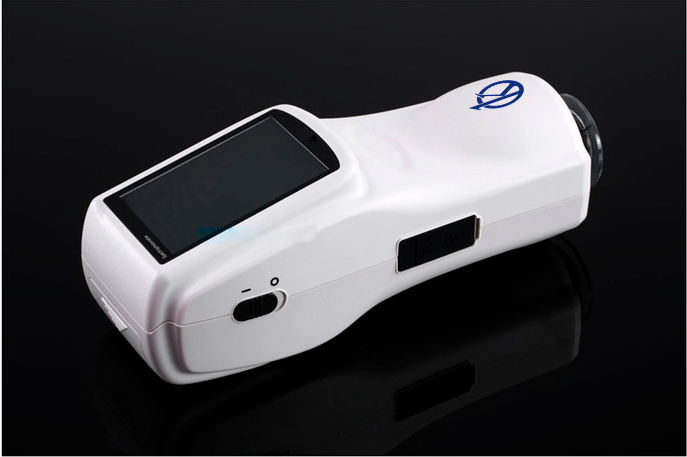A spectrophotometer is a device that is used in laboratories to determine what the beam of electromagnetic radiation or light is and thus identify, qualify and quantify its intensity.
In the same way, it allows determining its efficiency, sensitivity, resolution and spectral range. Which will depend on the variabilities of the design and the choice of the optical components it contains.
What is a Spectrophotometer for?
The spectrophotometer basically serves to know what is the concentration of the substances in a solution and thus analyze under the quantitative approach. It is an instrument used in the laboratory whose main objective is to diagnose, taking into account the properties of light and the interaction with other substances.
How does a Spectrophotometer work?
Its operation is based on the light of the special lamp it has, which is guided by means of a connector that selects and separates the light from the wavelength, and then passes through a sample.
The intensity of the light that comes out of that sample is captured and compared with the intensity of the light that fell on that sample, with this information the transmittance can be calculated, which will depend on the concentration of the substance.
Basically its operation is to illuminate a sample with white light, and then calculate how much is the amount of light that is reflected through a series of wavelength intervals.
Types of Spectrophotometer
There are different types of spectrophotometers, so that you can make good use of this instrument, I show you below, what are their types:
- Single beam spectrophotometer: Light is transported from the sample to the detector, so a reference is needed to perform the analysis.
- Split beam spectrophotometer: The light is divided into two paths, the one that passes through the monochromator to the sample and then to the detector, and the one that passes to the detector that is used to correct for variations in the light emitted by the lamp.
- Double beam spectrophotometer: Light through two paths into the compartments, each having its own detector. One goes to the sample and the other to the reference.
- Atomic Absorption Spectrophotometer: This type of spectrophotometer works taking into account the wavelengths of the electromagnetic radiation spectrum. These are based on the fact that the molecules that absorb the frequencies are part of the characteristics of its structure.
- UV Visible Spectrophotometer: the objective is to measure the light that passes through the sample, and then compare it with its intensity before it passes through any solution or sample. Their ratio is called transmittance, and it is expressed as a percentage.
Knowing all types of spectrophotometer will make their use much easier, you will also know what each of them is used for, without having problems when identifying it with other instruments.
Characteristics of a Spectrophotometer
In order to correctly identify and use a laboratory instrument, it is important that you know its physical characteristics, in this way you will know how it works and what its parts are. Here are the main features of the spectrophotometer:
- Light source: The light source is what illuminates the sample. For the measurement to be reliable, it must meet certain conditions, such as stability, spectral energy distribution and addressability.
- Monochromator: It has the ability to completely isolate the radiation of the desired wavelength, thus achieving a monochromatic light.
- Sample compartment: It is the spectrophotometer component where the interaction takes place, that is, where the sample to be worked on is placed.
- Detector: It is in charge of knowing the radiation to be analyzed and knowing what type of response it faces, whether it is photons or heat.
- Recorder: It is the one that converts the physical elements to equal numbers that are analyzed.
- Photodetectors: They are those that receive the signal simultaneously with the visible spectrum, in order to reduce the measurement time and minimize the other parts of the device.
With you in mind at Kalstein we provide you with sophisticated spectrophotometers. That is why we invite you to take a look at our equipment available HERE

